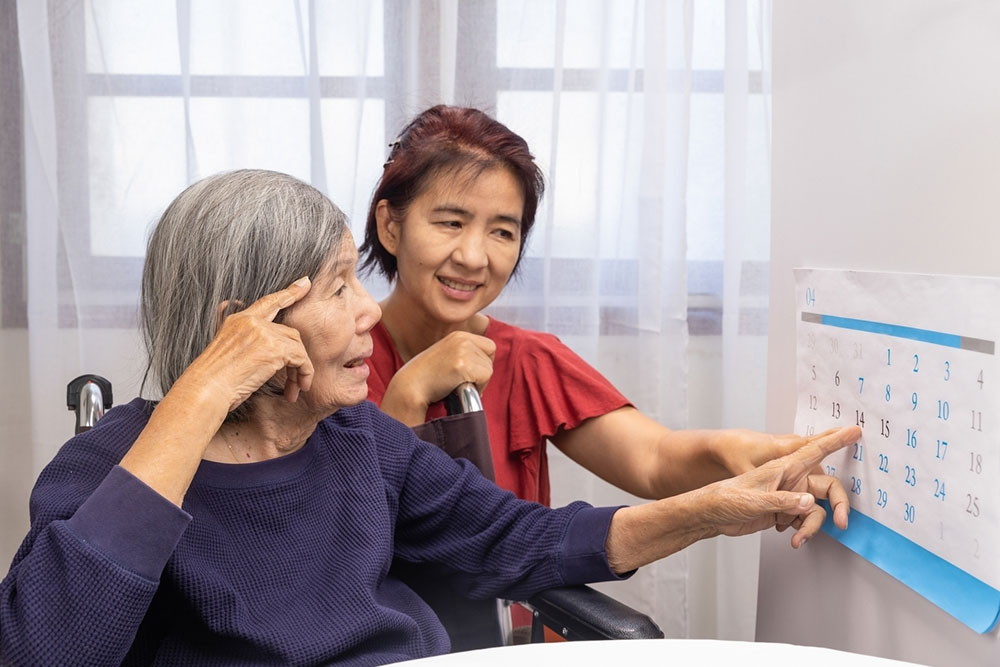Comprehensive Strategies to Support and Improve Quality of Life for Dementia Patients
This comprehensive guide explores effective strategies for supporting dementia patients, emphasizing personalized care, behavioral therapies, cognitive stimulation, music therapy, and medication management. It highlights the importance of emotional support, early diagnosis, and creating a safe environment to enhance quality of life. The article offers insights for caregivers, family members, and healthcare professionals on how to address the challenges associated with dementia and foster a compassionate approach to patient care.

Comprehensive Strategies to Support and Improve Quality of Life for Dementia Patients
As individuals age, both their physical health and mental wellbeing tend to decline gradually. While physical deterioration can involve issues like autoimmune diseases, inflammation, or joint problems, mental decline often manifests in conditions such as Alzheimer’s disease and other forms of dementia. These neurological conditions are especially prevalent among the elderly, leading to significant challenges not just for patients but also for their families and caregivers. Understanding how to effectively support dementia patients is crucial for improving their quality of life and easing the burden on caregivers.
Understanding the Causes of Dementia
Dementia encompasses a broad spectrum of symptoms caused by various neurological conditions. It is a complex disorder primarily linked to age-related changes in the brain, but other factors also play a vital role. Key causes include brain injuries resulting from accidents, neurodegenerative diseases like Parkinson’s disease, vascular events such as strokes, brain tumors, and blood flow problems. These factors gradually damage brain cells, leading to cognitive decline and memory impairment.
Notably, some causes of dementia are treatable, which emphasizes the importance of early diagnosis. Conditions such as hypothyroidism, vitamin B12 deficiency, and excess cerebrospinal fluid can mimic dementia symptoms but are potentially reversible with appropriate medical intervention. Therefore, regular health check-ups and prompt diagnosis are essential steps in preventing or managing dementia effectively.
Effective Management and Support Strategies for Dementia Patients
While the damage caused by dementia is often irreversible, a variety of management and support strategies can significantly enhance the quality of life for those affected. These strategies focus on maintaining independence, reducing distress, and fostering emotional wellbeing. Considering that dementia impacts daily routines and cognitive functions, tailored approaches are crucial for optimal care. Here are some of the most effective methods used today:
Behavioral Therapy: Trained healthcare professionals utilize behavioral therapy techniques to address problematic actions such as aggression, wandering, or agitation. These therapies aim to modify the environment or behavior patterns, reducing the frequency and severity of challenging behaviors while ensuring safety and dignity for the patient.
Cognitive Stimulation and Reality Orientation: These therapeutic approaches are designed to stimulate memory and reasoning skills. Activities include memory exercises, puzzles, and discussions that reinforce the patient’s sense of identity and reality. Such interventions help combat confusion, promote orientation to time and place, and foster a sense of familiarity and stability.
Validation Therapy: Instead of trying to correct a patient's distorted perception of reality, validation therapy respects and affirms their feelings and perceptions. This method helps alleviate anxiety, reduce agitation, and foster emotional connection, contributing to the patient’s overall comfort and well-being.
Music Therapy: Music has profound therapeutic effects on dementia patients. Guided by trained therapists or caregivers, patients engage with familiar songs or calming melodies to evoke cherished memories, reduce agitation, and improve mood. Music therapy is a non-invasive method that promotes relaxation and emotional expression.
Pharmacological Treatment: In some cases, physicians prescribe medications to manage specific symptoms associated with dementia, such as depression, anxiety, hallucinations, or sleep disturbances. While drugs can alleviate some symptoms, they are usually part of a broader care plan that includes non-drug interventions.
It’s important to recognize that medication alone is not sufficient. Emotional support, patience, and consistent, loving care from family members, friends, and professional caregivers are equally vital to provide holistic support for dementia patients.
Comprehensive care for dementia involves a multi-faceted approach that combines medical, psychological, and social interventions. Creating a safe, supportive environment, engaging in meaningful activities, and encouraging social interactions are all key components in helping patients maintain dignity and enjoy a better quality of life despite their diagnosis.




